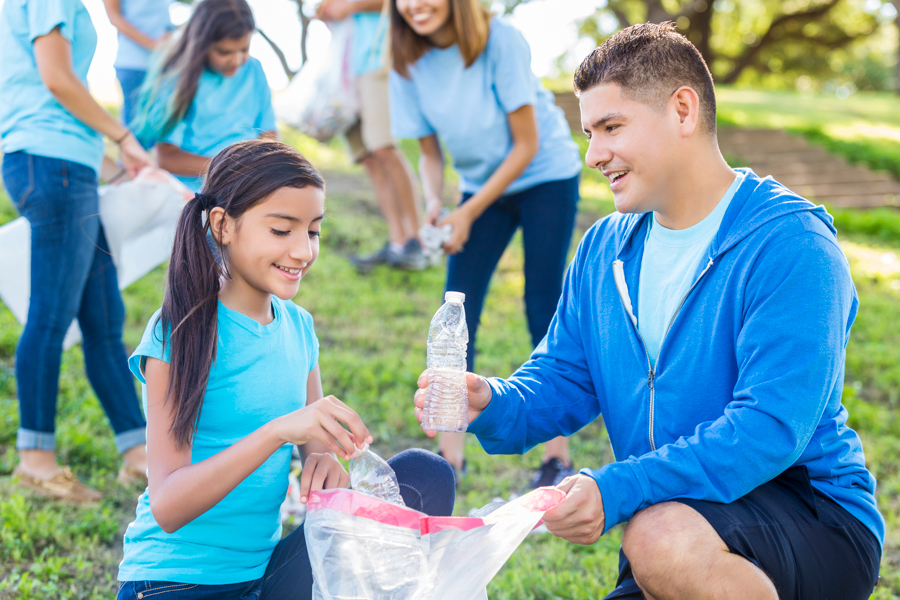What You Can Do
Reduce your impact and practice sustainability.

Credit: istockphoto
Practicing Sustainability
- Learn how to conserve energy and water. Visit the websites of your energy company, water department, and waste carrier to find out where the energy and water used in your home comes from. Learn where your trash goes and how far it has to travel to get there.
- Make energy efficiency a top priority at home by replacing light bulbs with compact fluorescent light bulbs (CFLs), turning lights off, eliminating “vampire power” by plugging devices into power strips that you can shut off, and using natural ventilation and daylight when you can.
- Opt for more insulation and more energy-efficient windows so you waste less energy heating and cooling your home.
- Make water conservation a top priority because it takes energy to bring water to Southern California. Plant a native garden.
- Reduce emissions from driving by combining trips, keeping your car properly maintained, carpooling, and riding a bike or walking whenever possible. Purchase a more fuel-efficient car next time you’re in the market for one.
- Offset the carbon emissions that you cannot eliminate by purchasing carbon credits.
- Contact your elected representatives and tell them that climate change is a top priority.
- Talk about climate change with family, friends, and neighbors—changing habits is easier when people do it together.
#Act4Ocean Challenge
In 2018 the Aquarium of the Pacific celebrated its 20th Anniversary. In honor of the milestone the Aquarium invited the public to help protect and conserve our planet through the #Act4Ocean Challenge presented by Bank of America. Even though the contest is over, the actions listed below are still great ways to help the ocean. Share the actions you take with us by tagging the Aquarium in your post and using the #Act4Ocean hashtag.
- Pick up trash from the street or beach.
- Eat sustainable seafood.
- Don’t eat meat on Mondays. Vegetarian diets use less energy and water to produce.
- Give your time—volunteer for an ocean conservation group, institution, or organization.
- Skip the straw. Ask for drinks without straws at restaurants.
- Bring your own bag, water bottle, and to-go containers when eating out.
- Buy products with zero-waste packaging.
- Reuse items.
- Buy local produce.
- Visit a marine protected area.
- Switch to LED lights.
- Use rechargeable batteries.
- Carpool, ride a bike, or use an electric car.
- Invite people out into nature or to the ocean with you.
- Find out the life cycle of a product and choose one that has the smallest ecological footprint.
- Buy second hand or borrow an item.
- Compost food scraps.
- Don’t use pesticides or chemical fertilizers in your garden.
- Reduce your use of freshwater.
- Plant a native garden.


